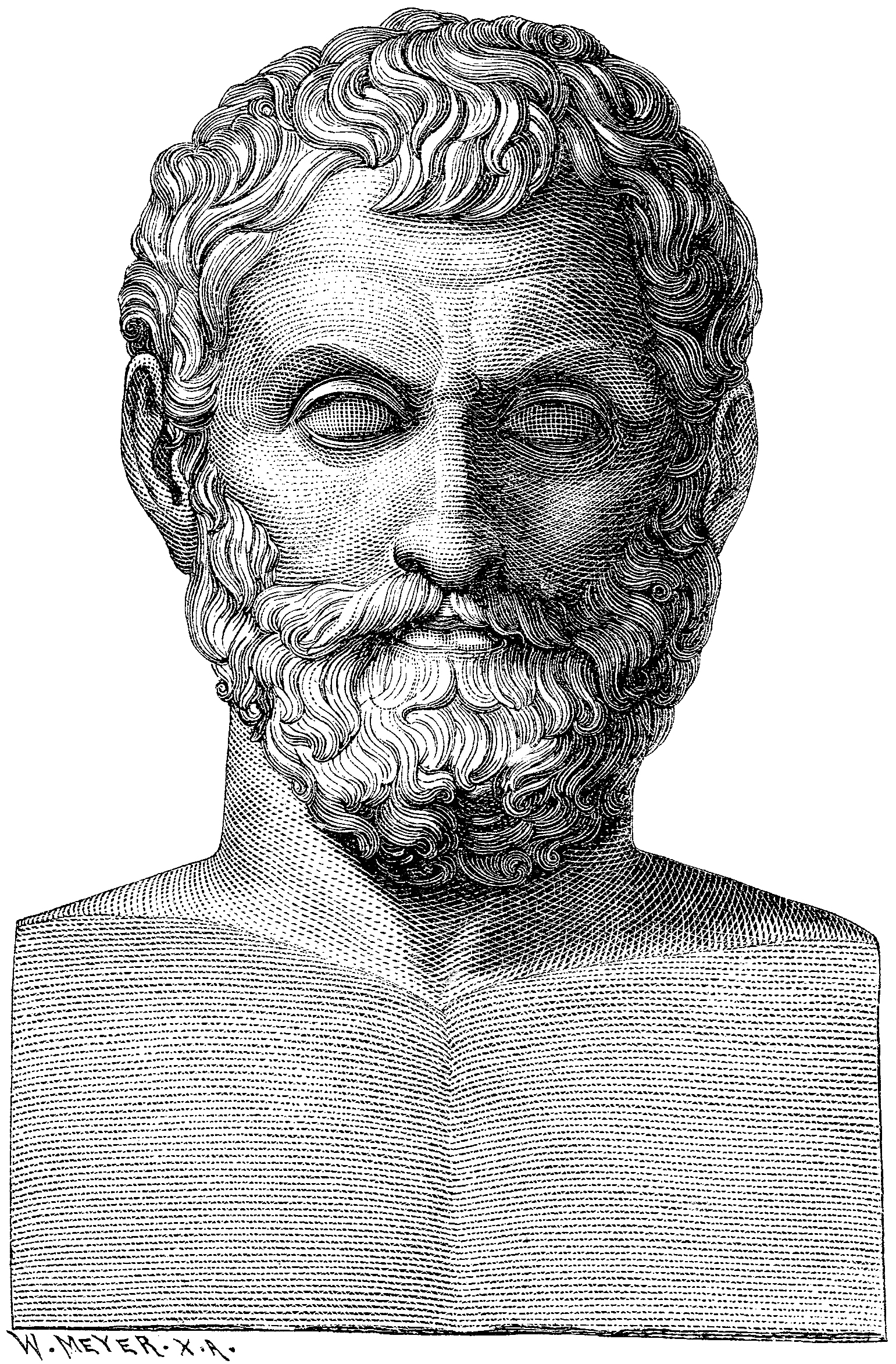Tales z Miletu słynne cytaty
„Gadulstwo nigdy nie zwiastuje rozumnej myśli.”
Źródło: Diogenes Laertios, Żywoty i poglądy słynnych filozofów, wyd. PWN, Warszawa 1982, s. 27.
Tales z Miletu Cytaty o duszy
Tales z Miletu cytaty
„Cnota zbawia tego, który jej nie unika.”
Źródło: Leksykon złotych myśli, wyboru dokonał Krzysztof Nowak, Warszawa 1998.
Źródło: Jostein Gaarder, Świat Zofii. Cudowna podróż w głąb historii filozofii, Warszawa 1995, tłum. Iwona Zimnicka, s. 46.
Tales z Miletu: Cytaty po angielsku
“Hope is the only good that is common to all men; those who have nothing else possess hope still.”
A Dictionary of Thoughts (1908) by Tryon Edwards, p. 234
“A multitude of words is no proof of a prudent mind.”
As quoted in Diogenes Laërtius, The Lives and Opinions of Eminent Philosophers, I, 35; as translated in Dictionary of Quotations (Classical) edited by Thomas Benfield Harbottle, p. 455
Also translated as: "Many words do not declare an understanding heart."
“Nothing is more ancient than God, for He was never created”
As quoted in Love and Live Or Kill and Die: Realities of the Destruction of Human Life (2009) by James H. Wilson, p. 72
Variants:
Strongest is Necessity because it governs all things.
As quoted in Symbolism of the Sphere: A Contribution to the History of Earlier Greek Philosophy (1977), by Otto Brendel p. 36
Nothing is more active than thought, for it travels over the universe, and nothing is stronger than necessity for all must submit to it.
As quoted in Business Management Controls: A Guide (2012) by John Kyriazoglou, p. 55
Kontekst: Nothing is more ancient than God, for He was never created; nothing more beautiful than the world, it is the work of that same God; nothing is more active than thought, for it flies over the whole universe; nothing is stronger than necessity, for all must submit to it.
“Place is the greatest thing, as it contains all things.”
As quoted in Diogenes Laërtius, The Lives and Opinions of Eminent Philosophers, I, 35
“All things are full of gods.”
παντα πληρη θεων ειναι
Panta plêrê theôn einai.
As quoted in Aristotle, De Anima, 411a
“Avoid doing what you would blame others for doing.”
As quoted in Diogenes Laërtius, The Lives and Opinions of Eminent Philosophers, I, 36
Cf. Golden Rule
“Time is the wisest of all things that are; for it brings everything to light.”
As quoted in Diogenes Laërtius, The Lives and Opinions of Eminent Philosophers, I, 35
W. W. Rouse Ball, A Short Account of the History of Mathematics (1893, 1925)
